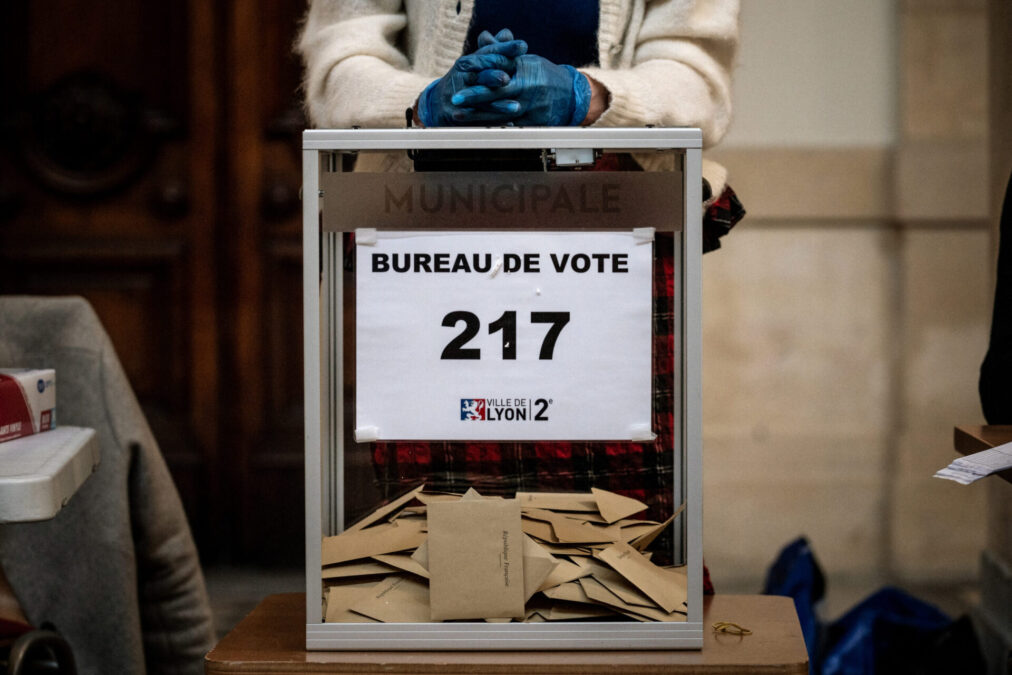Hungarian Ambassador Csaba Korosi, elected on Tuesday as the next president of the UN General Assembly, immediately warned that the world is in the midst of a dangerous crisis and that the credibility of the United Nations is at stake.
Korosi, who will take over the presidency of the 193-member world body in September, said there is “a red alert” for global climate and crises in food, energy and water supplies.
In addition, he said, people everywhere are still affected by the consequences of the COVID-19 pandemic, “the global economy is on the threshold of recession and sovereign debts are at an unprecedented level.”
The conflicts of this century, including in Ukraine, are fiercer and “a postcard from the future,” Korosi said.
When the United Nations was founded 77 years ago at the end of World War II, member states demonstrated that “lasting peace can be built on the ashes of war,” Korosi said. But today, “we live in times that are shaking the very foundation on which this organization was built, with multiple crises looming.”
He called today to show the same determination that the founding nations of the UN had “to face the challenges that threaten international peace and security, as well as our sustainable future on this planet.”
A diplomat for nearly 40 years, Korosi previously served in Libya, the United Arab Emirates, Israel, Greece and the United Nations in New York. Most recently, he served as Under Secretary of State responsible for security policy, diplomacy and human rights.
After being unanimously elected without a vote, Korosi will take office in September, when the 77th session begins and current incumbent Abdullah Shahid of Maldives ends his term.
Shahid noted that Korosi chose the theme “Solutions through Solidarity, Sustainability and Science” as the motto of his presidency.
After hearing the news, the Secretary General of the United Nations, Antonio Guterres, congratulated the Hungarian diplomat on his election and highlighted the challenges that lie ahead.
“We are facing a world in danger due to the conflict in Ukraine, the growing impact of the climate crisis and the pandemic, the urgent humanitarian needs against hunger and poverty,” stressed the Portuguese diplomat.
–


